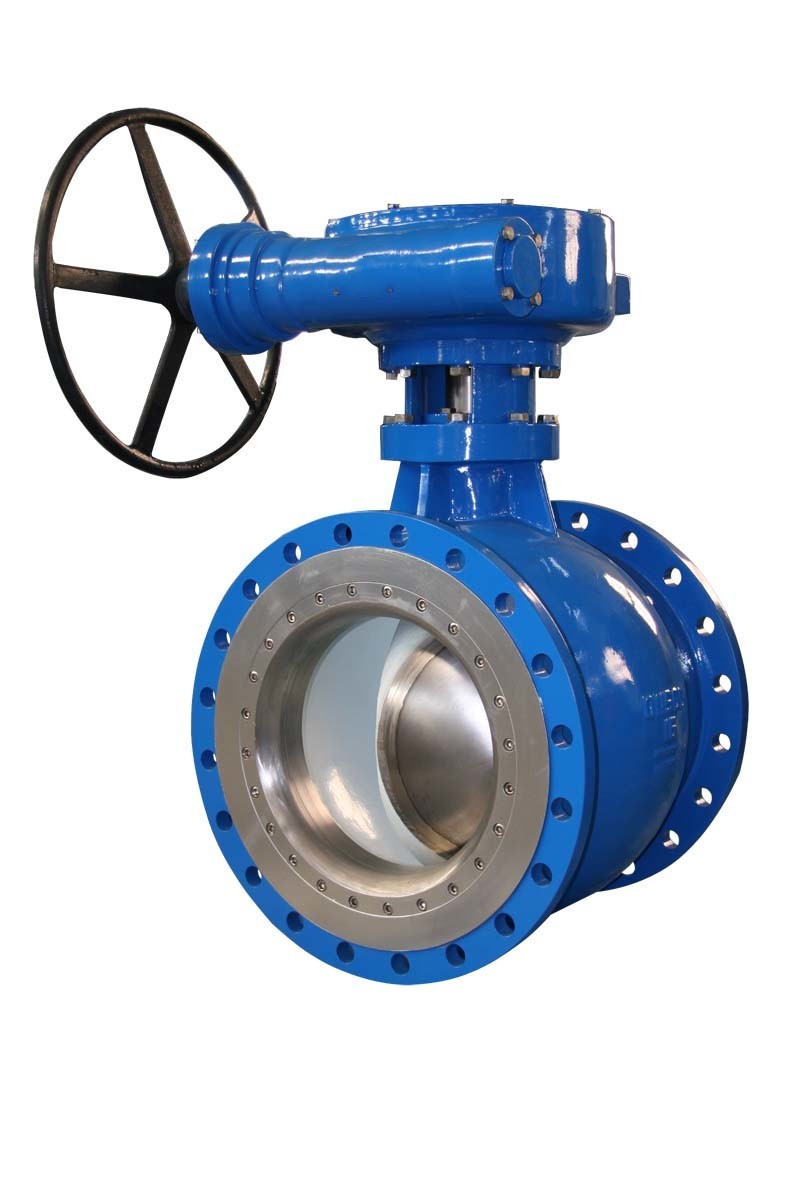20mm Ball Valve Features and Applications for Optimal Flow Control
The Importance of 20mm Ball Valves in Fluid Control
Ball valves are essential components in various plumbing and industrial applications, playing a crucial role in regulating and controlling fluid flow. Among the different sizes available, the 20mm ball valve is particularly significant due to its versatility and efficiency.
The Importance of 20mm Ball Valves in Fluid Control
One of the primary advantages of using a 20mm ball valve is its ability to provide a tight seal, preventing leaks in fluid systems. The robust construction and design ensure that even under high pressure, these valves can maintain integrity and reliability. They are made from various materials, including brass, stainless steel, and PVC, each chosen based on the specific requirements of the application, such as temperature tolerance and chemical compatibility.
ball valve 20mm

The efficiency of a 20mm ball valve goes beyond just sealing capabilities. Its low-pressure drop characteristics mean that fluid flow is not significantly hindered when the valve is open. This is particularly advantageous in systems where maintaining flow rates is critical. Moreover, ball valves require minimal force to operate, especially when using lever or pneumatic actuators. This ease of use makes them ideal for both manual and automated systems.
Installation and maintenance of 20mm ball valves are relatively straightforward. Their compact size allows for easy integration into existing systems, and they typically require less space than larger valves. Additionally, the simple design means that maintenance is minimal; regular inspections and occasional lubrication of the valve stem are usually sufficient to keep them in good working condition.
In conclusion, the 20mm ball valve is an indispensable tool in fluid control systems. Its reliability, ease of use, and efficient flow management make it a preferred choice for various applications. Whether for residential plumbing, agricultural irrigation, or industrial processes, understanding the importance of this small yet powerful valve can significantly impact the overall performance and safety of fluid systems. As technology progresses, innovations in valve designs will continue to enhance their efficiency and effectiveness, solidifying their role in modern engineering.
-
Breakthrough in Domestic Low Temperature Valve Technology in ChinaNewsAug.18,2025
-
From Machinery to Intelligent Brain: The Digital Transformation Wave of the Valve IndustryNewsAug.18,2025
-
PCVEXPO 2025NewsAug.18,2025
-
The Key to Fluid Control: Exploring the Advantages of Ball Valves in Industrial SystemsNewsJul.09,2025
-
The Versatile World of 1, 2, and 3 Piece Ball ValvesNewsJul.09,2025
-
Stainless Steel Ball Valves: The Ideal Choice for Efficient Flow ControlNewsJul.09,2025
-
Optimizing Fluid Control with Ball Float ValvesNewsJul.09,2025




